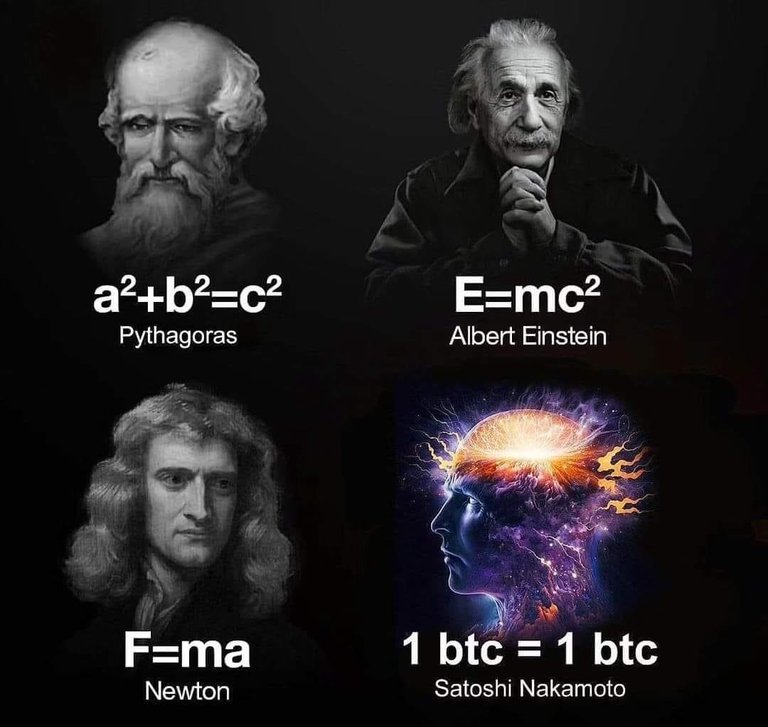
Pythagoras, a Greek philosopher and mathematician, is widely known for his contributions to the field of mathematics. He is best remembered for the Pythagorean theorem, which states that in a right-angled triangle, the square of the hypotenuse is equal to the sum of the squares of the other two sides. This theorem has had a profound impact on geometry and trigonometry. Pythagoras also founded the Pythagorean school, a secret society that emphasized the pursuit of knowledge, spirituality, and moral purity. He believed in the concept of the harmony of the spheres, which posited that celestial bodies produce musical sounds due to their motion. Pythagoras' teachings have left an indelible mark on various disciplines, making him one of the most influential figures in ancient Greek history.
Albert Einstein, a German-born physicist, is widely regarded as one of the greatest minds in the history of science. His theory of relativity revolutionized our understanding of space, time, and gravity, challenging the classical Newtonian physics. Einstein's equation, E=mc², established the equivalence of mass and energy, leading to the development of nuclear energy and the atomic bomb. His work on the photoelectric effect earned him the Nobel Prize in Physics in 1921. Einstein's intellectual curiosity extended beyond physics, as he made significant contributions to philosophy and humanitarian efforts. His genius and profound insights continue to inspire and shape scientific research and our perception of the universe.
Isaac Newton, an English mathematician, physicist, and astronomer, is considered one of the greatest scientists in history. His groundbreaking work in physics laid the foundation for classical mechanics and formulated the laws of motion. Newton's law of universal gravitation explained the force that governs the motion of celestial bodies, revolutionizing our understanding of the universe. He also made significant contributions to mathematics, inventing calculus and developing a new method for solving problems. Newton's scientific achievements and his publication "Philosophiæ Naturalis Principia Mathematica" established him as a leading figure of the scientific revolution. His legacy continues to shape our understanding of the physical world.
Satoshi Nakamoto is the pseudonymous creator of Bitcoin, the world's first decentralized cryptocurrency. Despite being an enigmatic figure, Nakamoto's invention has had a profound impact on the global financial system and has sparked a revolution in the world of digital currencies.
In October 2008, Nakamoto published a whitepaper titled "Bitcoin: A Peer-to-Peer Electronic Cash System," outlining the concept of a decentralized digital currency. The following year, in January 2009, Nakamoto released the first open-source software for Bitcoin, allowing users to mine and transact with the cryptocurrency.
Nakamoto's innovative design solved the long-standing problem of double-spending in digital currencies by introducing a decentralized ledger called the blockchain. This technology ensures the integrity and transparency of transactions without the need for a central authority, such as a bank or government.
Despite the immense impact of his creation, Nakamoto's true identity remains unknown. It is unclear whether Nakamoto is an individual or a group of people. Many theories and speculations have emerged over the years, but none have been definitively proven.
Nakamoto's disappearance from the public eye in 2010 only added to the mystery surrounding his identity. However, his invention continues to thrive, with Bitcoin gaining widespread adoption and becoming a significant asset class in its own right.
Satoshi Nakamoto's contribution to the world of finance and technology cannot be overstated. His creation has paved the way for countless other cryptocurrencies and blockchain applications, revolutionizing not only how we transact but also how we think about trust and decentralization in the digital age.